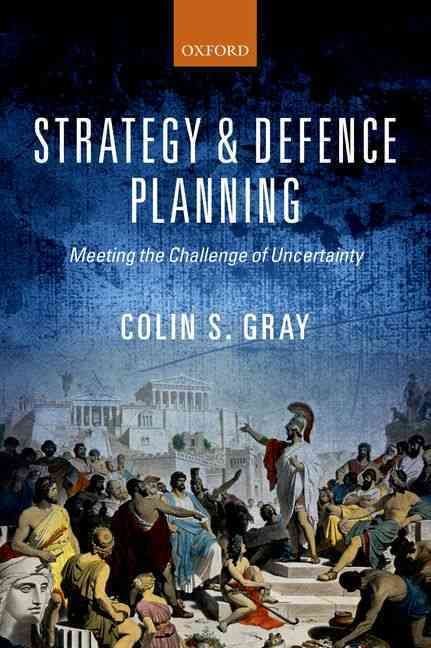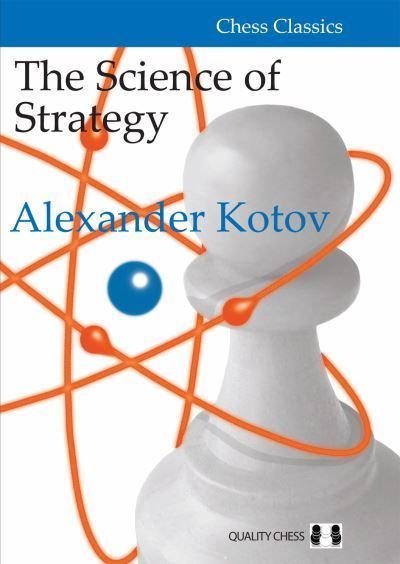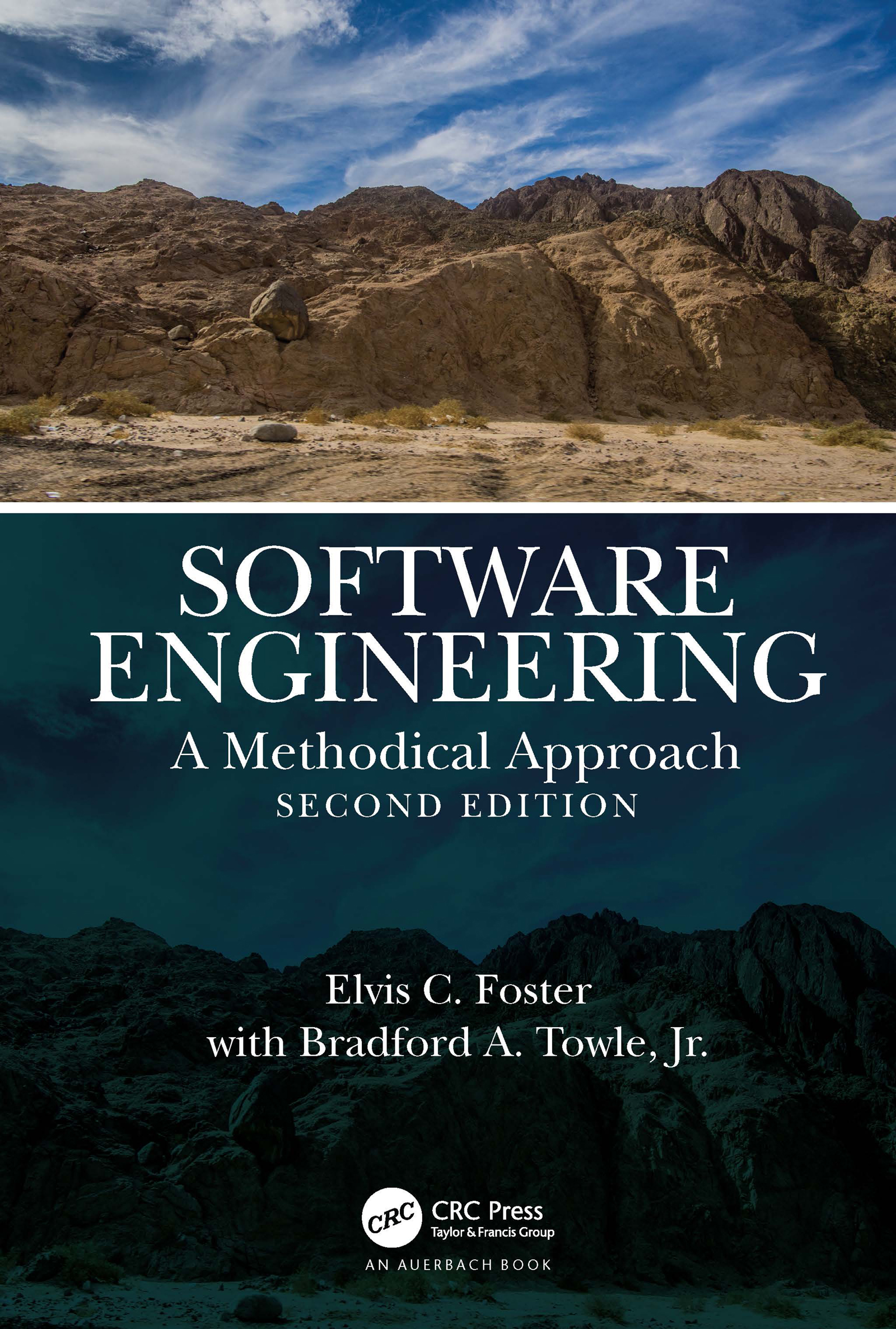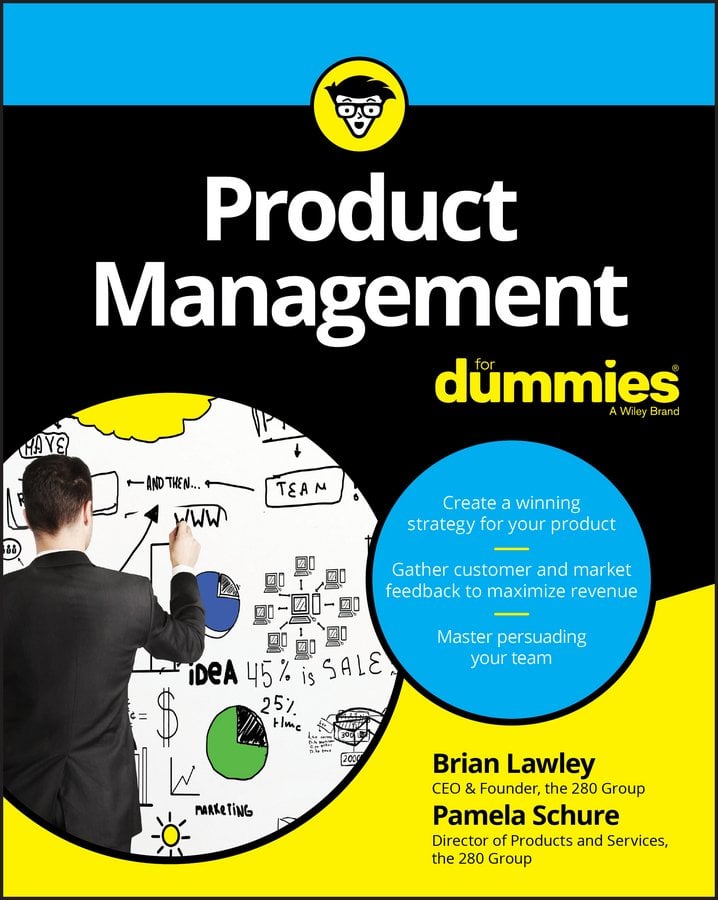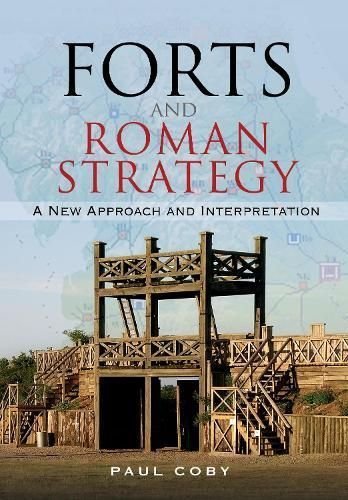Strategy and Defence Planning: Meeting the Challenge of Uncertainty explores and examines why and how security communities prepare purposefully for their future defence. The author explains that defence planning is the product of interplay among political process, historical experience, and the logic of strategy. The theory of strategy best reveals both the nature and the working of defence planning. Political ’ends’, strategic ‘ways’, and military ‘means’ all fed by reigning, if not always recognized, assumptions, organize the subject well with a template that can serve any time, place, and circumstance. The book is designed to help understanding of what can appear to be a forbiddingly complex as well as technical subject. A good part of the problem for officials charged with defence planning duties is expressed in the second part of the book’s title. The real difficulty, which rarely is admitted by those tasked with defence planning duty, is that defence planning can only be guesswork. But, because defence preparation is always expensive, not untypically is politically unpopular, yet obviously can be supremely important, claims to knowledge about the truly unknowable persist. In truth, we cannot do defence planning competently, because our ignorance of the future precludes understanding of what our society will be shown by future events to need. The challenge faced by the author was to identify ways in which our problems with the inability to know the future in any detail in advance-the laws of nature, in other words-may best be met and mitigated. Professor Gray argues that our understanding of human nature, of politics, and of strategic history, does allow us to make prudent choices in defence planning that hopefully will prove ‘good enough’.
